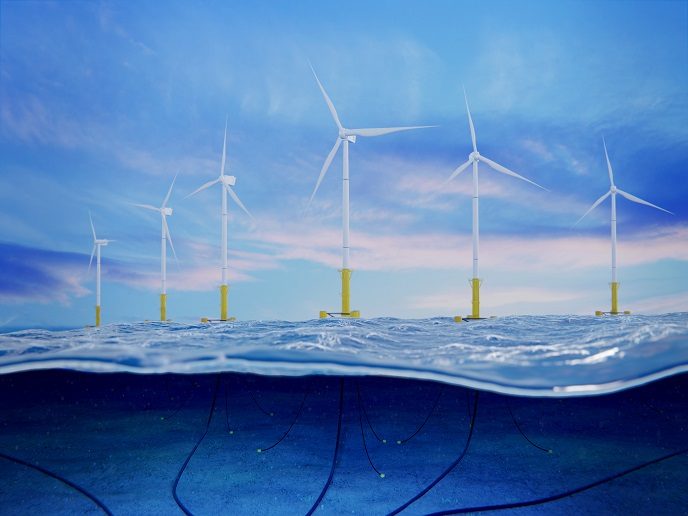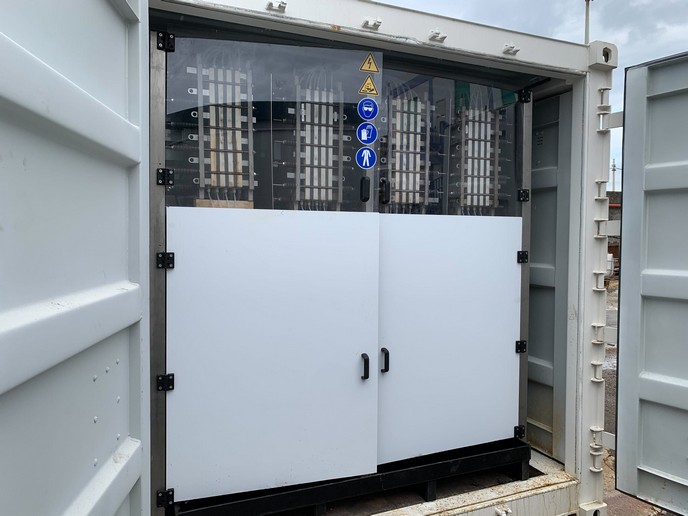How to increase support for new power lines
Expanding the electricity grid is vital if Europe is to achieve a secure and sustainable supply of energy for the future, but building new power lines often faces strong opposition from the public. INSPIRE-GRID, a multidisciplinary Italian-led project, has designed and tested ways of getting stakeholders, including local residents, more involved in the planning and approval process as the path to greater public support. If the European Union is to meet its ambitious targets for a low-carbon economy by 2050, it needs to significantly increase the supply of renewable energy. But clean energy is not just a matter of putting up solar panels and wind turbines, it also requires better transmission infrastructure to transport the extra power. Authorisation takes too long ‘Today, grid expansion in Europe is a very difficult and time-consuming matter: often, electricity transmission projects take 5–10 years to get authorised and proceed to construction,’ says Stefano Maran, INSPIRE-GRID project coordinator and research team leader at Ricerca Sul Sistema Energetico, a public research centre on energy based in Milan, Italy. ‘This situation is not compatible with the aim of massively and rapidly increasing the share of renewables,’ he adds. A lack of trust between stakeholders and Transmission System Operators (TSOs) is one factor. The complexity of comparing impact, usually local and immediate, with benefits, usually global and deferred, is another. Having better tools to manage the consultation process is part of the solution, the INSPIRE-Grid team believes. Involving social scientists and engineers from academia as well as the national grid operators of France, Norway and the UK, INSPIRE-GRID researchers have developed a methodology for effective communication with, and active participation by, stakeholders. It was tested in real-life case studies in rural Norway and suburban France during 2015 and 2016 and adjustments were made accordingly. INSPIRE-GRID has now produced a comprehensive toolkit(opens in new window) for guiding the power-line consultation process. This includes a tool for mapping the concerns and needs of stakeholders, a decision tree for selecting the correct means for engaging people, a tool to consider different views and to support decision making and an online geographical information system which allows people to see and interpret data on proposed infrastructures and express their preferences. Interest from grid operators This is complemented by publications for researchers, the general public and TSOs including a handbook on recommendations for engaging stakeholders and three policy briefs for decision makers. INSPIRE-GRID’s closing conference on stakeholder participation, held in Brussels in January 2017, gained positive feedback from attendees. ‘We have also been contacted by various TSOs interested in implementing these ideas and tools,’ says Mr Maran. He has some simple advice for national grid companies looking to gain approval for a new power line. They should start their consultation activities much earlier in the planning process — ‘it is not a good idea to come to people when the project has already been defined and nothing can be changed,’ he says. The decision-making process should be traceable, transparent and clearly state how the opinions of stakeholders will affect the final construction. Finally ‘choose a smart project manager, invest in his or her training on public engagement and do not replace him or her in the middle — the personal relationship is of paramount importance in building trust between proposer and stakeholders,’ concludes Mr Maran.







